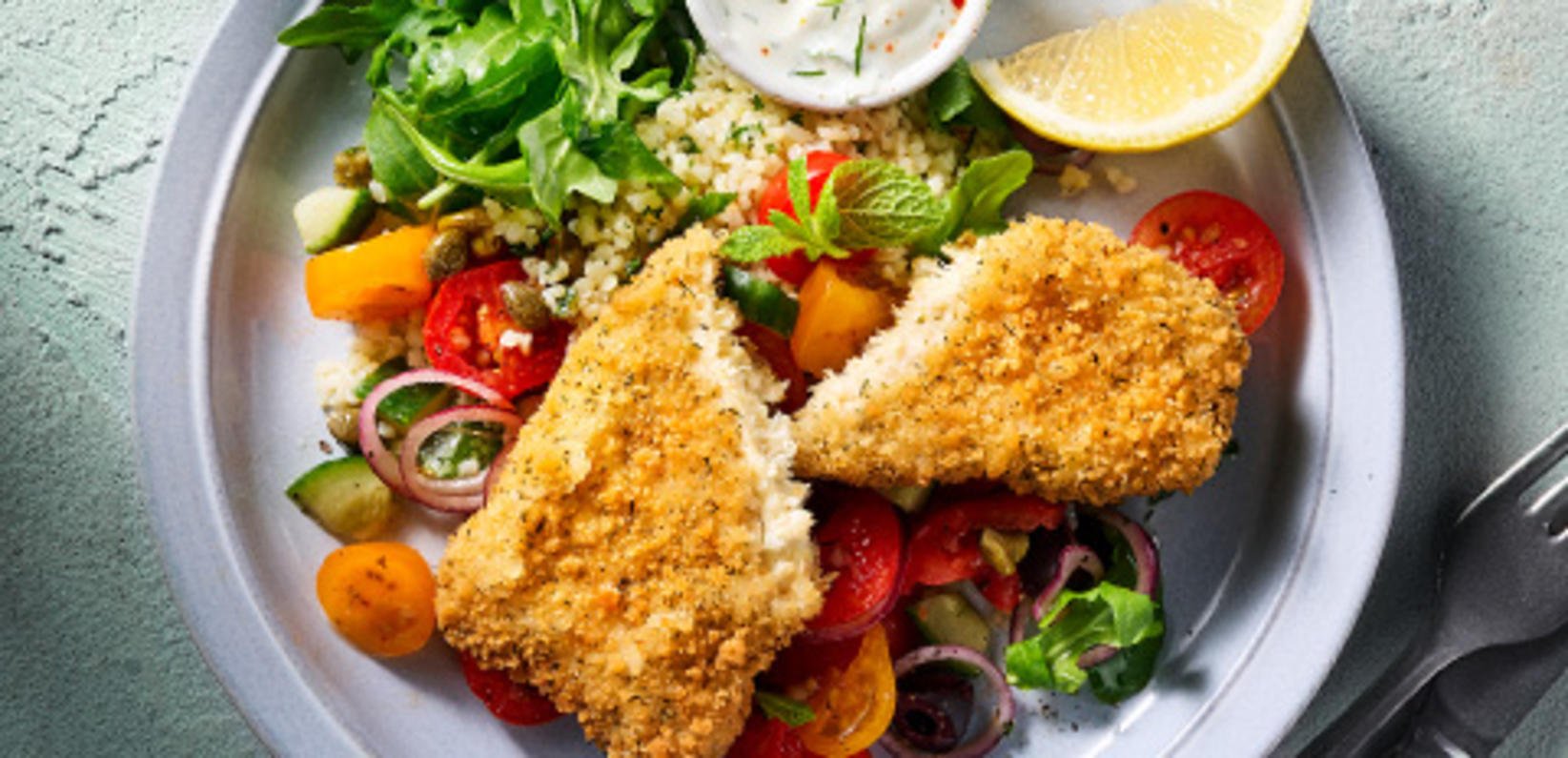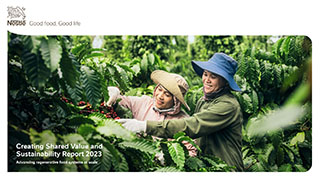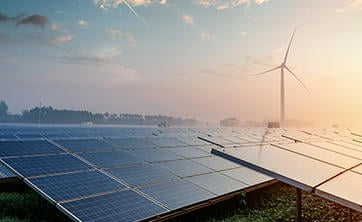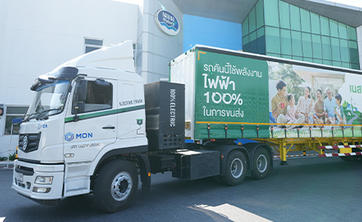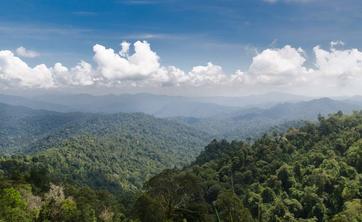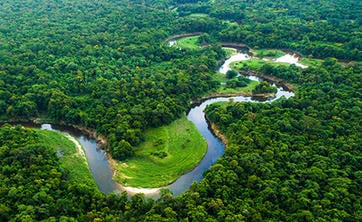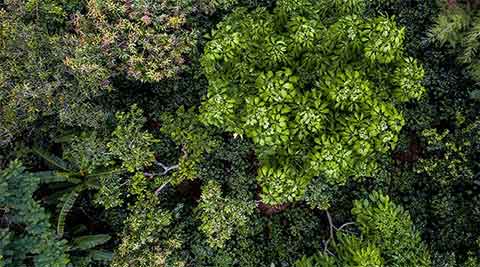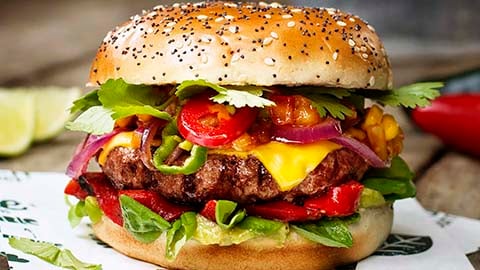Climate action by our brands

Our product portfolio of over 2000 much-loved brands is playing a key role in helping us become a net zero company by 2050.
We’re sourcing our ingredients and packaging our products responsibly, and providing our customers with alternative products containing more plant-based raw materials with fewer emissions. Both approaches contribute to our Net Zero Roadmap and help meet rising demand for more sustainable products.
Evolving our product portfolio to support net zero
KitKat: an iconic brand working for people and the planet
We have taken one of the world’s most cherished confectionary brands and transformed it to include the environment and cocoa-growing communities among their key priorities.
Our approach starts with the raw materials that go into every KitKat product. We’re now working with 10 000 farming families in Côte d’Ivoire through our income accelerator program. This helps the farmers produce cocoa using techniques such as agroforestry which helps safeguard biodiversity and capture more carbon emissions. We’re also supporting them to keep children in education. Our plan is for all of our cocoa to be sourced in this way by 2025.
We are also innovating with packaging, using new paper-based technology and recycled plastics which help to reduce emissions. In Australia, we have achieved 90% recycled plastic packaging across select products and we plan to roll this out where material is available.
We know that consumers increasingly want to know about the sustainability profiles of what they buy. We are now including simple but relevant messaging on-pack stating the benefits to the farmers and the environment, together with recommended portion size information.
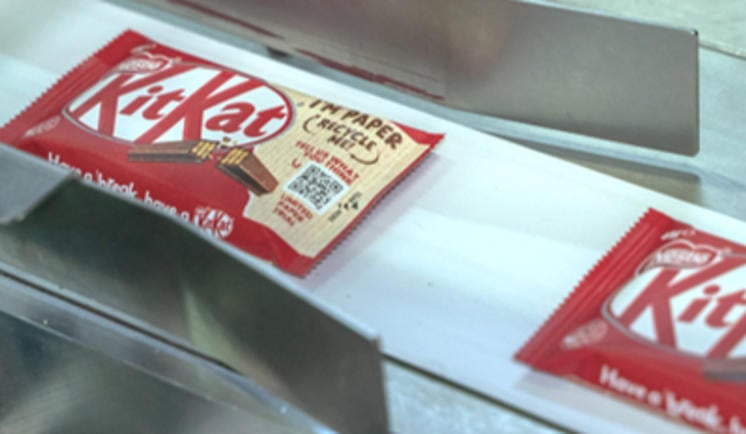
Nespresso and our climate journey
We are taking decisive action on climate change wherever we can as part of The Nespresso AAA Sustainable QualityTM Program. The use of agrochemicals, such as fertilizers, makes up the largest percentage of our carbon footprint in coffee, so we are actively working to reduce their use and embed nature-based practices instead, without compromising on quality. A win-win for both coffee drinkers and the farmers we work with.
Growing our plant-based brands
We produce a growing range of plant-based alternatives to meat products which includes burgers, sausages, tuna and filet pieces, as well as veggie-centric bakes and falafel. Our brands Garden Gourmet, Sensational Vuna and Sweet Earth, for example, are helping people to manage the amount of animal protein in their diets.
Adding plant-based options to our existing brands
Accelerating the switch to plant-based foods can help us, and our consumers, achieve net zero by 2050.
Innovating with fewer emissions
As well as offering alternatives to existing products, we have introduced a number of recipe changes in our portfolio. These maintain quality and taste but reduce greenhouse gas emissions during production.
In Nigeria, we launched Nido Milk and Soya, the company’s first affordable and nutritious instant powder, combining the goodness of milk and locally sourced soy. The product is a source of proteins, fibers, iron and calcium and is fortified with essential vitamins.
Farming for net zero
Many of our brands are increasingly using ingredients from regenerative agricultural practices, which help to protect water and soil health, and to reduce emissions. In Brazil, Nestlé Ninho recognizes different levels of regenerative practices by paying tiered premiums on milk prices.
